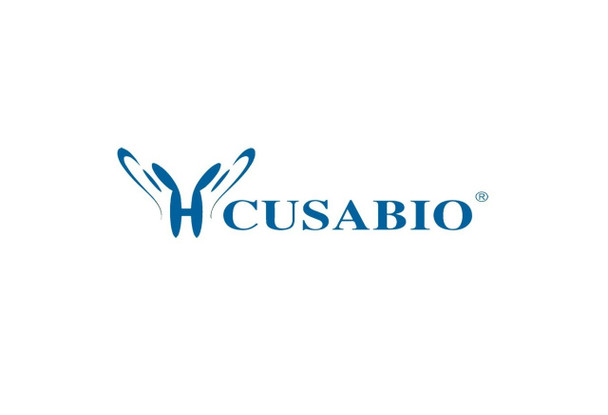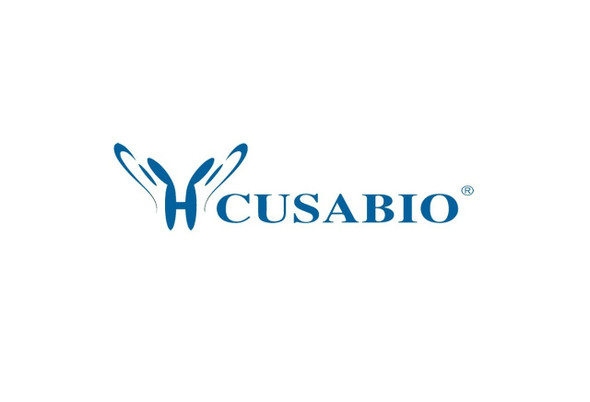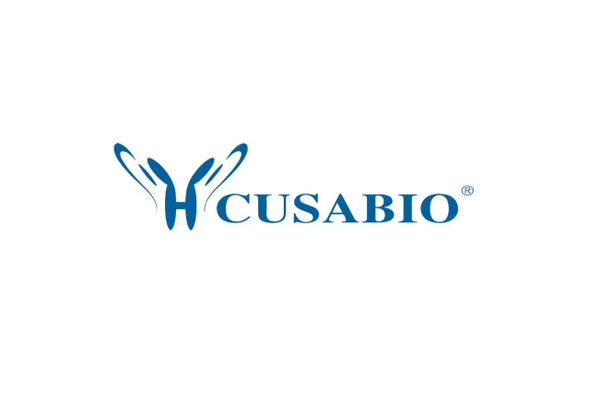Cusabio Polyclonal Antibodies
Phospho-IRS1 (Ser312) Antibody | CSB-PA174165
- SKU:
- CSB-PA174165
- Availability:
- 3 to 7 Working Days
- Size:
- 100ul
Description
Phospho-IRS1 (Ser312) Antibody | CSB-PA174165 | Cusabio
Phospho-IRS1 (Ser312) Antibody is Available at Gentaur Genprice with the fastest delivery.
Online Order Payment is possible or send quotation to info@gentaur.com.
Product Type: Polyclonal Antibody
Target Names: IRS1
Aliases: HIRS-1; IRS1; Insulin receptor substrate 1
Background: May mediate the control of various cellular processes by insulin. When phosphorylated by the insulin receptor binds specifically to various cellular proteins containing SH2 domains such as phosphatidylinositol 3-kinase p85 subunit or GRB2. Activates phosphatidylinositol 3-kinase when bound to the regulatory p85 subunit
Tzatsos A, et al. (2006) Mol Cell Biol; 26 (1) : 63-76
Ozes ON, et al. (2001) Proc Natl Acad Sci U S A; 98 (8) : 4640-4645
Szanto I, et al. (2000) Proc Natl Acad Sci U S A; 97 (5) : 2355-2360
Ozes ON, et al. (2001) Proc Natl Acad Sci U S A; 98 (8) : 4640-4645
Isotype: IgG
Conjugate: Non-conjugated
Clonality: Polyclonal
Uniport ID: P35568
Host Species: Rabbit
Species Reactivity: Human, Mouse, Rat
Immunogen: Peptide sequence around phosphorylation site of serine 312 (A-T-S (p) -P-A) derived from Human IRS-1.
Immunogen Species: Human
Applications: ELISA, WB
Tested Applications: ELISA, WB;WB:1:500-1:1000
Purification Method: Antibodies were produced by immunizing rabbits with synthetic peptide and KLH conjugates. Antibodies were purified by affinity-chromatography using epitope-specific peptide.
Dilution Ratio1: ELISA:1:2000-1:10000
Dilution Ratio2: WB:1:500-1:1000
Dilution Ratio3:
Dilution Ratio4:
Dilution Ratio5:
Dilution Ratio6:
Buffer: Supplied at 1.0mg/mL in phosphate buffered saline (without Mg2+ and Ca2+), pH 7.4, 150mM NaCl, 0.02% sodium azide and 50% glycerol.
Form: liquid
Storage: Upon receipt, store at -20°C or -80°C. Avoid repeated freeze.
Initial Research Areas: Tags & Cell Markers
Research Areas: Neuroscience;Cancer;Cardiovascular;Tags & Cell Markers;Metabolism;Signal transduction






